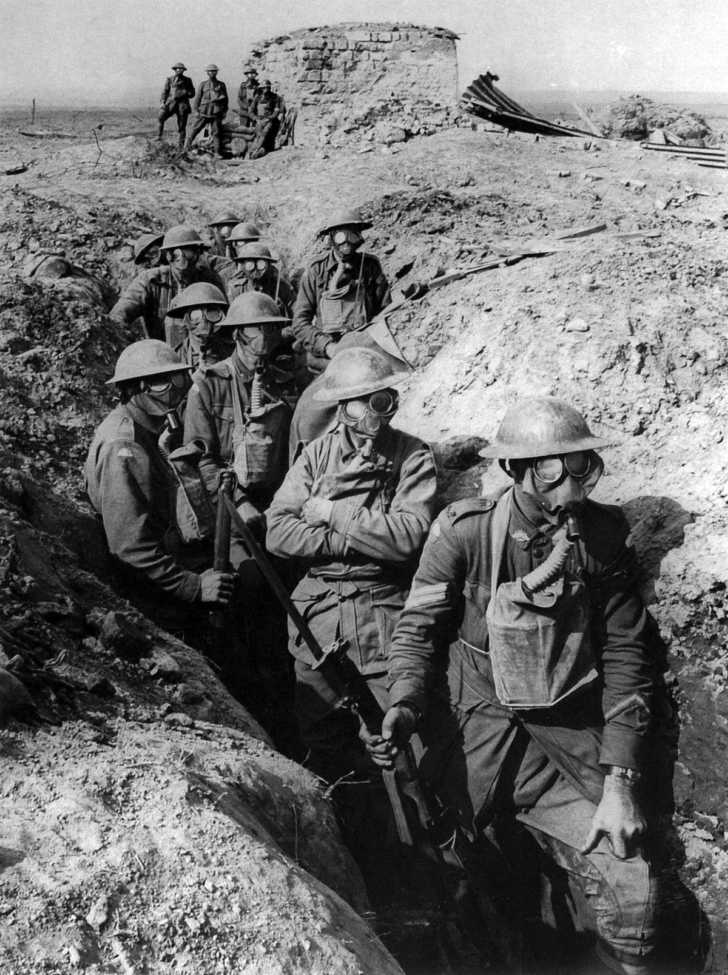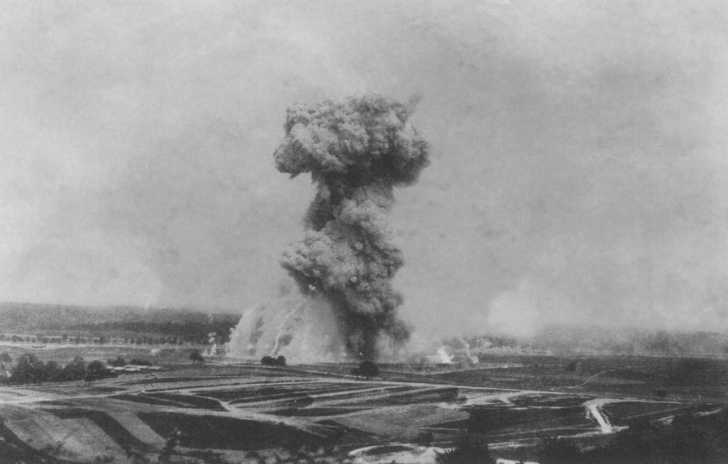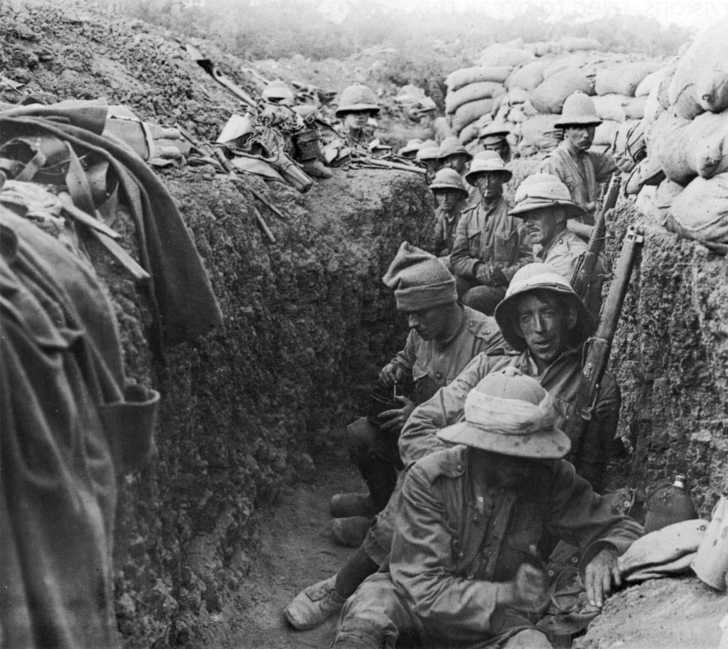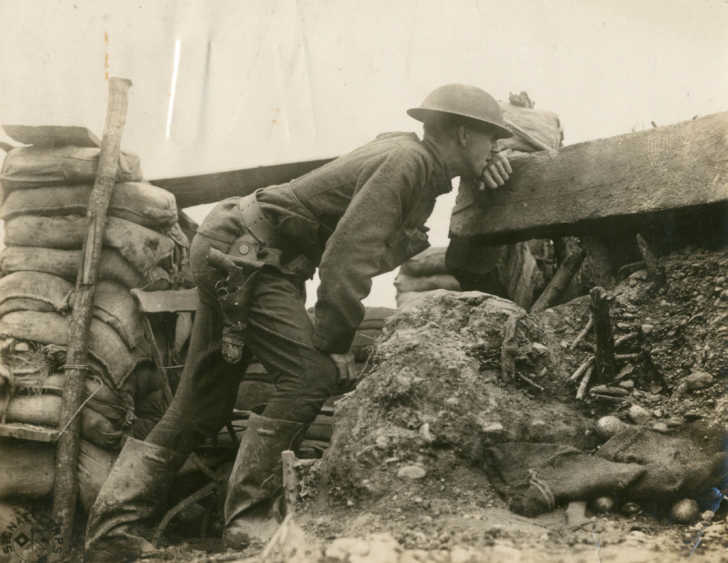WWI undoubtedly changed many aspects of our lives. One aspect of the War you might not have thought about is the way it impacted our language. With different languages, accents, and backgrounds mingling, not to mention new weapons and machinery being invented all the time, the language forever changed. We still use a lot of the slang from WWI today. Here are a few words you might not have known came from the War!
Basket Case

Nowadays, this term is a lighthearted way to refer to someone who crumbles under pressure or makes a lot of silly mistakes, but back in the day, it had a much darker meaning. On the battlefield, when a soldier was referred to as a basket case, it usually meant that he was so badly injured he needed to be carried off the field in a basket.
Booby-Trap

During the War, a booby-trap was when an explosive device disguised as a harmless object. The term was coined by war journalist Sir Philip Gibbs after writing about his experience in 1916. He wrote that “the enemy left … slow-working fuses and ‘booby-traps’ to blow a man to bits or blind him for life if he touched a harmless looking stick or opened the lid of a box, or stumbled over an old boot.”
Cooties

While we may associate cooties with elementary students calling each other names on the playground, this term was actually first used in the trenches during WWI in 1915. Back then, cooties referred to lice. The term supposedly came from the coot – a waterfowl notorious for being infested with lice and other parasites.
Dingbat

This used to be a filler word for something you couldn’t remember the name of, much like “whatchamacallit.” However, during WWI it was used to refer to someone who was foolish or clumsy. The Australian troops used the phrase, “to be dingbats” which meant to be shell-shocked or mad.
SKM: below-content placeholderWhizzco for DOT

